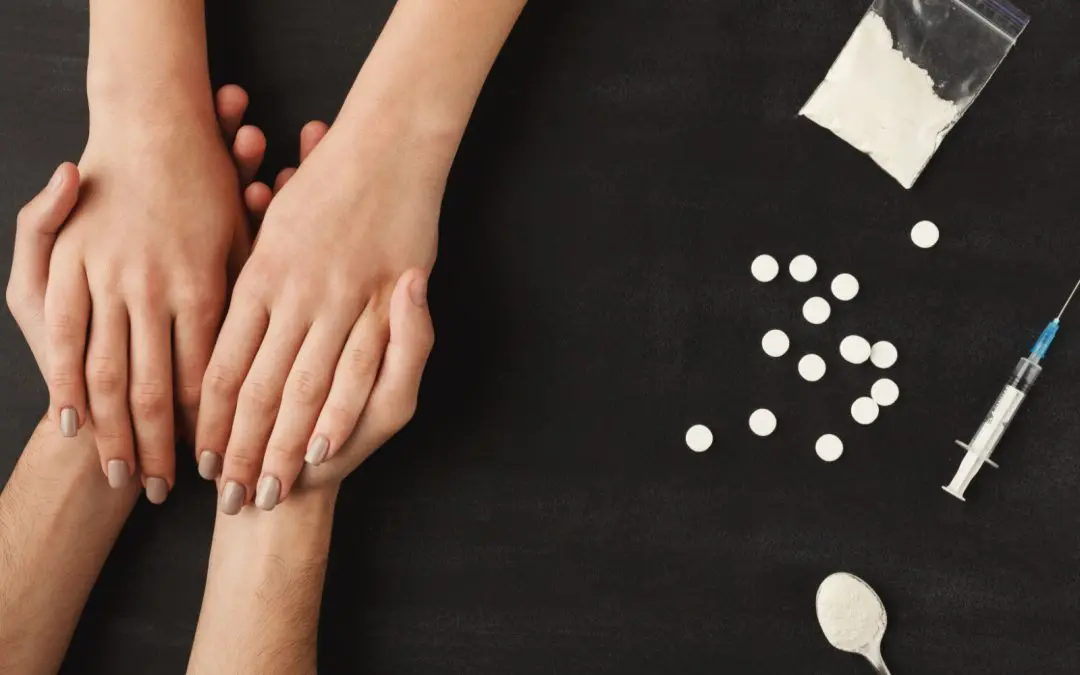24/7 Helpline:
(866) 899-221924/7 Helpline:
(866) 899-2219
Learn more about PTSD Treatment centers in Pilot Mountain
PTSD Treatment in Other Cities

Other Insurance Options

Choice Care Network

Covered California

GEHA

Multiplan

Lucent

Coventry Health Care

Private insurance

Medical Mutual of Ohio

Holman Group

Providence

Evernorth

UMR

Self-pay options

BlueShield

State Farm
Beacon

Group Health Incorporated

CareSource

Magellan Health

Oxford



AA – Alcoholics Anonymous
AA – Alcoholics Anonymous is a non-profit rehab located in Pilot Mountain, North Carolina. AA – Alco...

Hope Valley – Women’s Division
Hope Valley - Women’s Division is located in Pilot Mountain, North Carolina. The drug rehab facility...

Serenity Counseling and Consulting Services
Serenity Counseling and Consulting Services is a private rehab located in Pilot Mountain, North Caro...




Hope Valley – Men’s Division
Hope Valley Men’s Division is a residential alcohol and drug addiction treatment center located in D...





























































































Professional Assessment
Professional Assessment is a private rehab located in Elkin, North Carolina. Professional Assessment...

A New Destiny
A New Destiny is a private rehab located in Elkin, North Carolina. A New Destiny specializes in the ...




















































